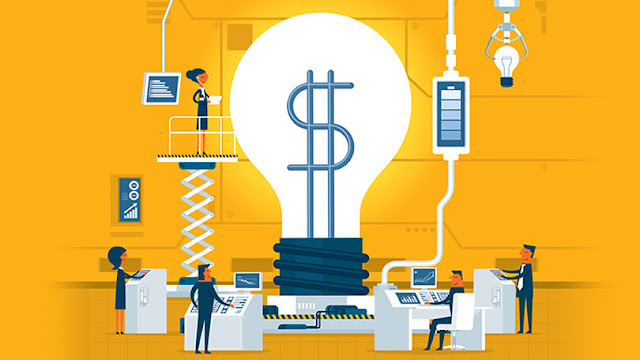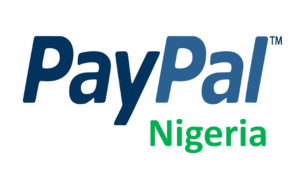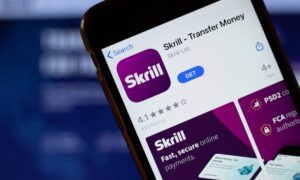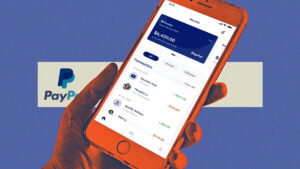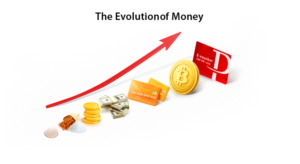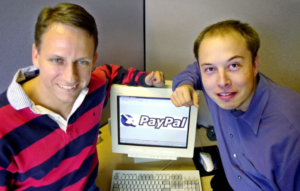The distinction between small businesses and startups is a topic that often generates interesting discussions, as both terms are widely used in the business world. Understanding the difference between the two is crucial, especially for business owners and entrepreneurs who want to know the true nature of their ventures. In this post, we will define both small businesses and startups and highlight the key differences between them.
What is a Small Business?
What is a Start-Up?
For example, if two friends, Samson and Tony, started businesses after college, Samson’s business could be considered a small business while Tony’s could be considered a startup. Samson opened an Italian restaurant and, after three years, was breaking even and earning a 40% profit. On the other hand, Tony started a food delivery company and, within three years, had raised seed funding and grown the company to a 50 million dollar valuation, eventually selling it for a large profit.
6 Factors of Differentiation
#1. Scale: Small businesses are content with staying small, while startups aim for large-scale impact and disruption.
#2. Funding: Small businesses are often family-funded, while startups may initially be self-funded or family-funded but will eventually seek funding from angel investors or venture capitalists.
#3. Risk: Startups carry a higher level of risk than small businesses, with 80% of startups failing within the first five years.
#4. Status: Small businesses tend to remain small businesses for a long time, while startup status is temporary as it may either fail or become a giant company.
#5. Exit Strategy: Startups typically have an exit strategy, such as being acquired or going public, while small businesses are self-sufficient.
#6. Founder: Startup founders are often technocrats and innovators, while small business founders often run a well-known business within their family.
In conclusion, startups are designed to grow quickly, and this means that they have something they can sell to a large market. Most businesses are not designed to grow in this way, and that’s what sets startups apart from traditional small businesses. According to Paul Graham of YCombinator, “that’s the difference between Google and a barbershop. A barbershop doesn’t scale.” To achieve rapid growth, a business must have something it can sell to a very large market.

